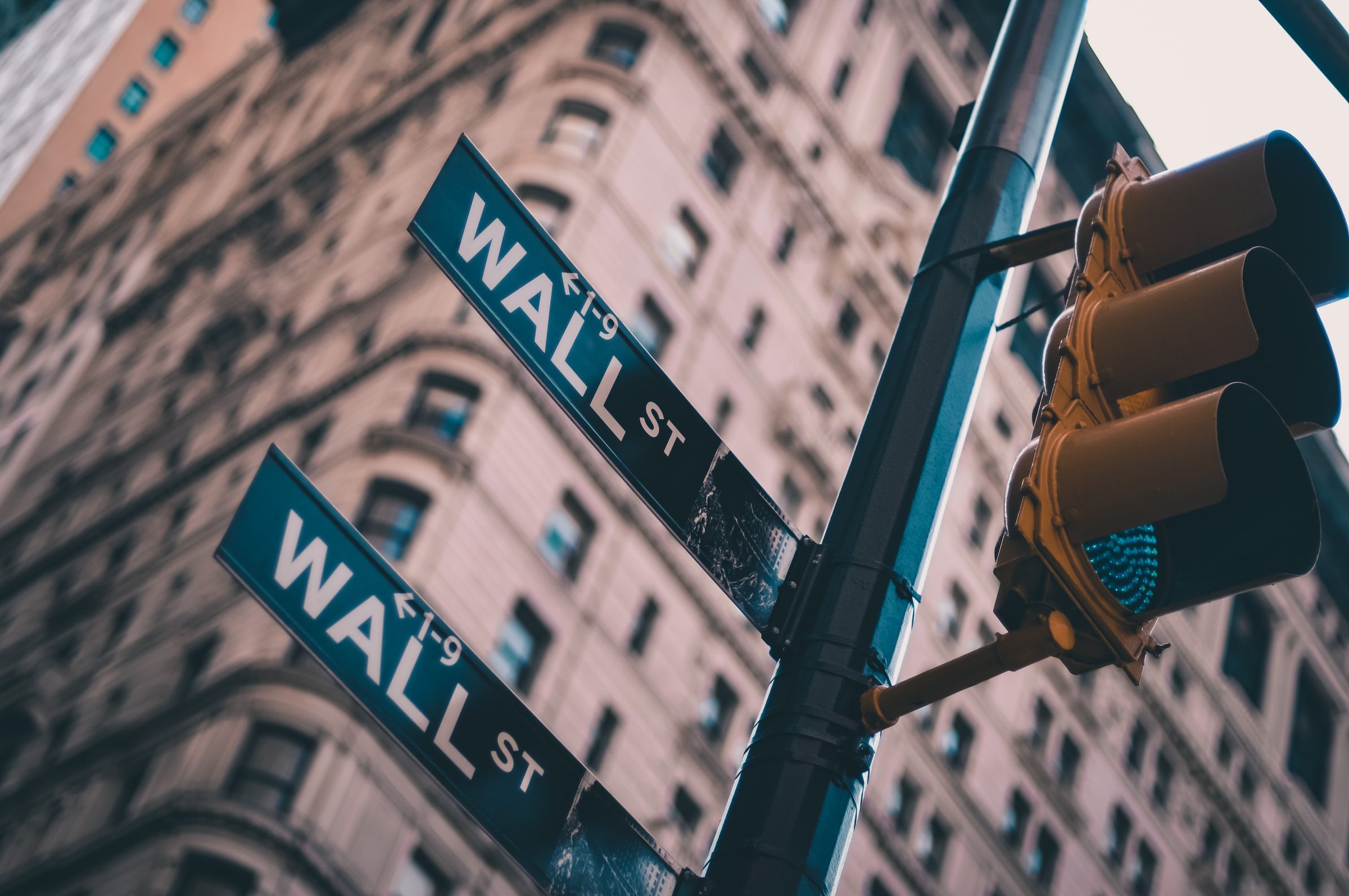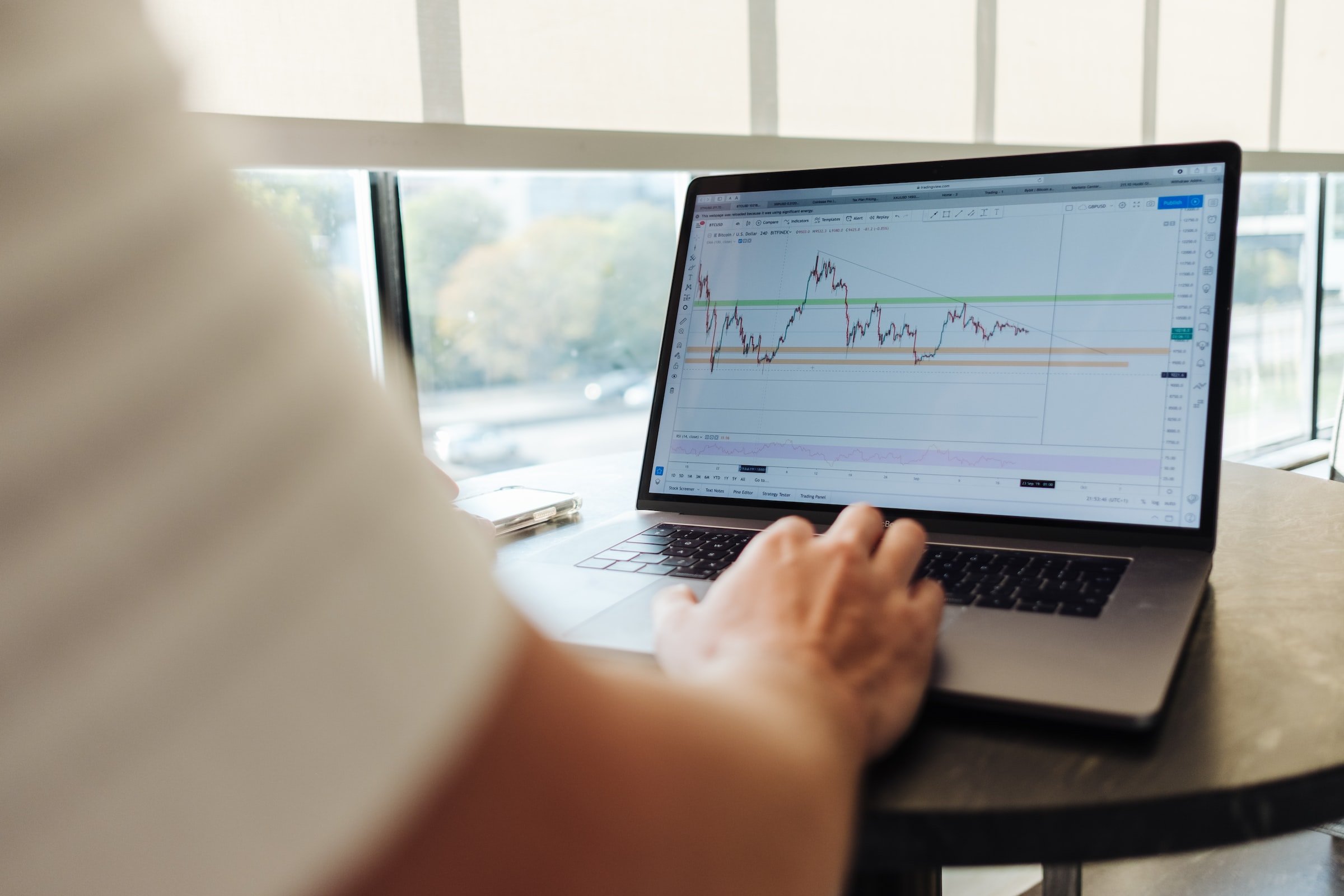Being the first has its advantages. When you pursue initial public offering (IPO) investing, you get the advantage of grabbing stock when the company first debuts, which lets you “get in on the ground floor,” so to speak.
But are IPOs a good investment? The answer, of course, is that it depends on the company and the state of the market. This article looks at what you need to know before investing in IPOs.

What Is an IPO?
Have you ever wondered how companies get listed on a major stock exchange? In order to do so, a company has to “go public” through an “initial public offering.”
The process isn’t arbitrary. Issuing an IPO requires companies to meet strict requirements set by the stock exchanges and the Securities and Exchange Commission (SEC). This process also demands that companies go through a valuation process to determine the initial share price.
Companies pursue IPOs for many different reasons. For company founders and early investors, an IPO realizes the profit from their personal investments and can be used as an exit strategy.
But for the company itself, an IPO brings in working capital. The money investors spend on shares can be directed toward new initiatives or improvements, bolstering the company’s long-term health.
What Is IPO Investing?
IPO investing simply refers to the process of investing in a company at the time that it first goes public. The best time to consider an IPO is shortly before the company goes public. After a company’s debut, its share price can spike dramatically, especially if there’s been a lot of speculation and interest from other investors.
For example, when Visa first went public in 2008, the stock was priced at $44 per share. But by the time the market closed, shares were valued at $56.50 each. That’s a 28% increase in under 24 hours, which is why investors need to act fast to avoid initial volatility and spikes.
Are IPOs a Good Investment?
In principle, IPOs make for great investment opportunities. When you buy a block of common stock during a company’s initial public offering, you’re potentially seizing a golden opportunity that will pay off over several years or even decades.
For instance, if you’d purchased $1,000 worth of Apple stock at its 1992 IPO ($22/share), those shares would now be worth well over $1.2 million.
These kinds of major gains can give investors a bad case of financial FOMO or “Fear of Missing Out.” IPO investing carries the alluring promise of big gains for those savvy enough to get in on the ground floor. But does that mean that IPO investing always pays off?
Many experts say “no.” In recent years, investors have seen stocks like LYFT and UBER dip below their IPO prices. IPO stocks often underperform industry benchmarks or market indexes.
Still, this doesn’t mean that investing in IPOs is a bad idea, only that there are some things to keep in mind as you consider investing in a company that just went public.
The Initial Price Isn’t Always the Best Price
It’s hardly unusual for companies to see their prices falter — rather than skyrocket — after their IPO. The idea of “getting in on the ground floor” doesn’t guarantee the lowest stock price. For that matter, there may be plenty of reasons why stock prices drop, even years after the company’s initial public offering.
Even massive companies saw their prices drop during the pandemic, which allowed investors to snatch shares of established companies at historically-low prices. These dips might not necessarily be to prices as low as the IPO price, but by the time they occur, the affected company has usually proven itself a worthy investment.

IPOs Can Be Expensive for Average Investors
When the eCommerce company Alibaba went public in 2014, each share cost $68. Not all IPOs are this costly, and this is a relatively high share price for average or new investors, especially if there’s not much guarantee that the company will continue to perform favorably.
In other words, the initial share price isn’t always a “bargain” for new investors, who may be better off waiting for a price drop before jumping on board.
Hype Is No Substitute for Research
Unfortunately, IPO investing can often be motivated by feelings instead of facts. As more rumors circulate in the months preceding the IPO, investors can be worked into a frenzy over speculation surrounding a company’s value and performance.
Smart investors scrutinize every company before making a financial decision. Investors should pay careful attention to the specific valuation of the company before its IPO.
Is it performing well? How are other companies in the industry performing? These questions can help you clear away the chaos of initial speculation and make an investment that fits your goals.
There May Be Limited History to Reflect on
In some cases, companies make an IPO early in the game. That makes it hard to do your due diligence since there are not many years of history to evaluate. When companies make an IPO early in their history, it can be challenging to perform the same kind of research you can put into well-established companies.
That doesn’t make IPOs a bad investment, mind you. It just means that you won’t be making a decision with the same level of knowledge as you might have about a well-established company. Thankfully, some companies wait years before going public, giving you a broader history to learn from.
How to Invest in an IPO
IPOs can be risky, but that doesn’t make an IPO a poor investment choice. On the contrary, if you play your cards right, you can secure shares in a company early on, with the potential to substantially increase your earnings as the company takes off.
Companies like Visa, Apple, and Amazon have all seen rapid gains following their IPOs, which raises the potential for similar stocks to pay off in the end.
Research, Research, Research
Ignore the hype if you can help it. Instead, look for the reasons behind the hype. Learn as much as you can about the company’s recent financial performance.
Has it made any new changes in its leadership team? Are there any solid indicators of acquisitions or mergers? These factors can help you determine when it’s truly a good time to sink your money into an IPO.
Find the Right Broker
You’ll need a brokerage firm that handles IPO transactions. Make sure to set up your account in advance so you’re well-prepared to make a purchase when the time is right. Don’t forget to pay attention to any brokerage fees that can impact your total transaction cost.
Keep a Close Watch on Your Investment
Monitoring your stock portfolio is always good advice, but periods immediately after risky purchases such as IPOs are particularly important times to be careful. You want to watch the company’s performance to ensure that you’ve made a wise investment choice and adjust your portfolio accordingly.
How to Buy Stock Before an IPO
In some cases, companies offer discounted shares to private investors. This process is known as a pre-IPO placement. These shares are not regulated by the SEC and are often limited to company employees or others who are already connected to the company in some way.
It’s rare for other investors to receive an offer of pre-IPO stock, so be wary of potential scams.

Research the Right Way
IPO investing can be risky, but every investor can prepare themselves with the right tools. At Gorilla Trades, members get access to more great content like this, as well as tutorials, research tools, and more. Sign up today for our free trial, and you’ll receive 30 days of stock alerts absolutely free.



